Quick answer: A moving company helps people relocate by providing services such as packing, loading and unloading, transporting items, and sometimes offering storage options. In short, they make the process more organized and less stressful, whether you’re moving across town, to another state, or even overseas.
Now, if you’re planning a move, chances are you’re not just curious about the basics; you want clarity. You might be wondering how much of the process movers actually handle, what it feels like to hire professionals instead of doing it all yourself, and whether the cost is worth the relief it brings.
Moving is more than just transporting things from point A to point B; it’s about protecting your belongings and reducing the stress that comes with big life changes.
That’s why it is important to understand what does a moving company do. When you know exactly what services are offered, what’s included, and what’s not, you can make decisions with confidence.
What is the Core Purpose of a Moving Company?
The core purpose of a moving company is to make the overwhelming process of relocation more manageable, more efficient, and less stressful.
When people move on their own, they usually think:
- “I’ll save money.”
- “I can handle a few boxes.”
- “It won’t take that long.”
But reality is different. You spend days packing. Your back hurts from lifting heavy furniture. And you keep worrying that something will break.
The real job of a moving company is to:
- Protect your belongings; trained crews know how to wrap, pad, and load so nothing gets damaged.
- Save your time and energy; instead of spending weekends packing and carrying, you can focus on settling into your new home.
- Reduce stress: moving is ranked as one of life's most stressful events; having experts handle it helps keep emotions in check.
- Provide accountability with contracts, timelines, and valuation options; you know who's responsible if something goes wrong.
Think of it this way:
“A moving company doesn’t just move boxes. It moves the burden off your shoulders.”
For example, a family relocating cross-country might wonder how movers handle fragile or specialty items. A professional team not only has the tools and skills but also the experience to get those items safely across states.
That’s why people hire movers. It’s not just about moving things, but about knowing everything will arrive safely and on time.
Core Services (What Movers Typically Do)
When people ask what does a moving company do, the easiest way to explain it is by looking at the main services almost every mover offers.
These are the basics that most customers rely on:
Packing
Movers can pack everything for you or just the fragile items. They bring boxes, tape, and wrapping materials, and they know how to keep things safe. For example, dishes are wrapped in paper, and furniture is covered with blankets.
Loading
On moving day, the crew carries everything out of your home and loads it onto the truck. They know how to lift heavy furniture safely and how to stack boxes so nothing falls or gets crushed.
Transportation
Drivers plan the route, manage the schedule, and make sure your belongings travel securely, whether it’s across town or across the country. This is a core working process of long distance movers, since interstate moves involve tight timelines and careful planning.
Unloading
At your new place, movers bring everything inside, place furniture in the right rooms, and set down boxes where you need them. It saves you from hours of heavy lifting after a long trip.
Unpacking (optional)
Some moving companies also help unpack boxes and remove packing debris. This service is especially helpful if you want to settle in quickly without mountains of boxes left around.
Add-On & Specialty Services
Not every move is the same. Sometimes you need more than just packing and a truck. These add-ons are designed to handle unique situations and give you more control over your move.
Common Add-On Services
-
Packing Supplies: If you don’t want to hunt down boxes, tape, and bubble wrap, movers can bring everything you need. Many people wonder, “Do movers provide boxes?” The answer is yes; they can supply materials or include them as part of full-service packing.
-
Storage Options: If you need time before moving into your new place, many movers offer short-term or long-term storage options.
- Unpacking & Debris Removal: Some movers will unpack your items and remove the used boxes, so you're not left with piles of cardboard to clean up.
Specialty Services for Unique Items
Certain belongings require extra care or special equipment. Movers with the right experience can handle items like:
- Pianos and Organs: Heavy, delicate, and tricky to move without damage.
- Antiques and Artwork: Often packed in custom crates to keep them safe.
- Large Safes or Appliances: These need special tools and strong crews.
- Electronics or Fragile Items: Protected with custom padding or specialty boxes.
What Movers Usually Don’t Do (Limits & Exclusions)
Hiring professionals makes moving easier, but it’s important to know there are limits. Movers can do a lot, but they can’t do everything.
Items Movers Typically Won’t Transport
- Hazardous Materials: Gasoline, propane tanks, fireworks, cleaning chemicals, and paint are not allowed on the truck for safety reasons.
- Perishable Goods: Frozen food, fresh produce, and sometimes even houseplants are off-limits, especially for long-distance moves.
- Pets: Movers won’t transport animals. You’ll need to make separate arrangements for your furry (or scaly) friends.
- Valuables: Cash, jewelry, passports, or important documents should always travel with you, not on the moving truck.
Tasks Movers Usually Don’t Handle
- Plumbing or Wiring: Disconnecting washing machines, light fixtures, or anything tied to electrical or plumbing is generally up to you or a licensed professional.
- Permanent Installations: Built-in appliances, wall-mounted TVs, or custom shelving may require special arrangements.
- Disposal Services: Movers don’t haul away junk or trash. That’s a separate service.
Types of Moves
Every move is different. The type of move you’re making shapes the cost, the timeline, and the kind of help you’ll need from a moving company.
Local Moves
Local moves are the most common and usually the simplest. These are short-distance relocations within the same city or nearby area. They’re often billed by the hour and can usually be completed in a single day.
For someone moving from one apartment to another just a few blocks away, a local move is a straightforward and budget-friendly option.
Long-Distance Moves
Long-distance moves are much more complex. If you’re crossing state lines or moving several hundred miles, movers calculate costs based on the weight of your belongings and the distance traveled. That’s why it is important to know how do long distance movers work.
Families often rely on trusted long distance moving companies when relocating for new jobs, military orders, or big lifestyle changes.
International Moves
International moves add another layer of planning. Shipping belongings overseas means dealing with customs paperwork, ocean or air freight, and sometimes working with partner movers in another country.
It’s the most involved type of move, but for people starting a new life abroad, these services make the transition possible.
Residential vs. Commercial Moves
Residential moves focus on homes, apartments, and personal belongings, while commercial moves are designed for offices and businesses. That could mean moving desks, electronics, and sensitive files with minimal downtime, so the company can get back up and running quickly.
How Movers Calculate Moving Costs?
When you ask a moving company for a price, they don’t just pull a number out of thin air. They follow a formula based on where you’re moving, how much you’re moving, and how much help you want.
Local Moves (Usually Within the Same City)
For local moves, cost is always based on time and labor. Movers calculate the price by multiplying their hourly rate by the number of workers and the number of hours the move takes.
For example, if a company charges $120 per hour for a two-person crew and the job takes five hours, the total cost is $600, plus any additional services such as packing or supplies.
Long-Distance Moves (Across States or Hundreds of Miles)
For long-distance moves, the formula changes. Movers calculate your cost by looking at:
- The weight or volume of your shipment
- The distance traveled
- Any additional services
To keep it accurate, interstate movers are required to weigh their trucks on certified scales before and after loading your shipment. That’s how they determine the exact weight, which directly affects your bill.
Extra Factors That Change the Price
On top of distance and weight, movers also factor in:
- Season and timing: Summer weekends cost more because demand is highest.
- Accessibility: If movers have to carry furniture down multiple flights of stairs or use a shuttle truck because the main truck can’t reach your street, costs go up.
- Specialty items: Pianos, safes, antiques, or anything unusually heavy or fragile usually require extra fees.
- Valuation coverage: If you choose full value protection (insurance-like coverage), your cost will be higher than the basic 60 cents per pound option.
Sample Cost Breakdown
Here’s a practical breakdown of what you might pay:
| Move Type | Typical Scenario | Estimated Cost (2025) |
|---|---|---|
| Local Move | 3-bedroom home, full-service | Around $1,489 |
| Long-Distance Move | Interstate move, moderate volume | Around $3,129 |
| Cross-Country Move | Full-service, long haul | Typically, between $2,200 and $16,900 |
| Long-Distance Cost Range | Various needs and distances | Usually, $2,000 to $7,500 |
The Moving Process: Step-by-Step
If you’ve ever wondered how do movers work from start to finish, the process is easier to follow when broken into clear steps.
Step 1: Pre-Move Survey & Estimate
Everything starts with a survey. A moving company will either visit your home or conduct a virtual walk-through to assess your needs. From this, they’ll create a written estimate. For long-distance moves, this estimate can be binding (fixed price) or non-binding (final cost based on actual weight). This step gives you the first clear picture of what the move will cost and what services you’ll get.
Step 2: Booking & Scheduling
Once you accept the estimate, you’ll set the dates. Movers give you a specific pickup day and, for long-distance jobs, a delivery “spread” (a window of dates). During peak season, flexibility with dates can help keep costs lower.
Step 3: Packing & Preparation
Here’s where you decide how much help you want. Some people pack everything themselves, while others hire full service movers and packers to pack every item, including fragile dishes, electronics, and artwork.
Step 4: Moving Day (Loading)
On the moving day, the crew arrives and begins loading. Furniture is wrapped in blankets, large pieces may be disassembled, and boxes are stacked with care. An inventory list is created, and you’ll sign off before the truck leaves.
Step 5: Transportation
For local moves, this might mean a quick drive across town. For long-distance or cross-country moves, your belongings are transported hundreds or even thousands of miles.
Step 6: Delivery & Unloading
At your new home, movers unload the truck, carry furniture inside, and place boxes where you want them. They’ll reassemble any large furniture that was taken apart. You’ll check items against the inventory list to make sure nothing is missing.
How to Choose a Reliable Moving Company
While many companies are professional and trustworthy, there are also plenty of scams or low-quality services out there. Knowing how to choose wisely gives you peace of mind and protects your wallet.
Check Credentials
A reliable moving company should be licensed and insured. For interstate moves, check their U.S. DOT number through the official FMCSA database. This confirms they’re legally allowed to operate across state lines.
Read Reviews and Ask for References
Look beyond star ratings. Read what past customers say about timeliness, professionalism, and how the company handled problems. If possible, ask friends, family, or colleagues for personal recommendations.
Get Written Estimates (Not Verbal Promises)
A trustworthy mover will provide a written estimate after surveying your home, either in person or virtually. Be cautious of movers who give you a quote without seeing your belongings. Remember, binding estimates lock in your price, while non-binding estimates can change based on actual weight.
Understand the Contract
Before signing, make sure you know exactly what is a moving company contract? In short, it’s the bill of lading, the legal agreement that covers your services, costs, and rights. Always read the fine print, and don’t sign blank or incomplete documents.
Compare More Than Price
The cheapest option isn’t always the best. A slightly higher price for a company with proper experience and solid reviews often saves you money and stress in the long run.














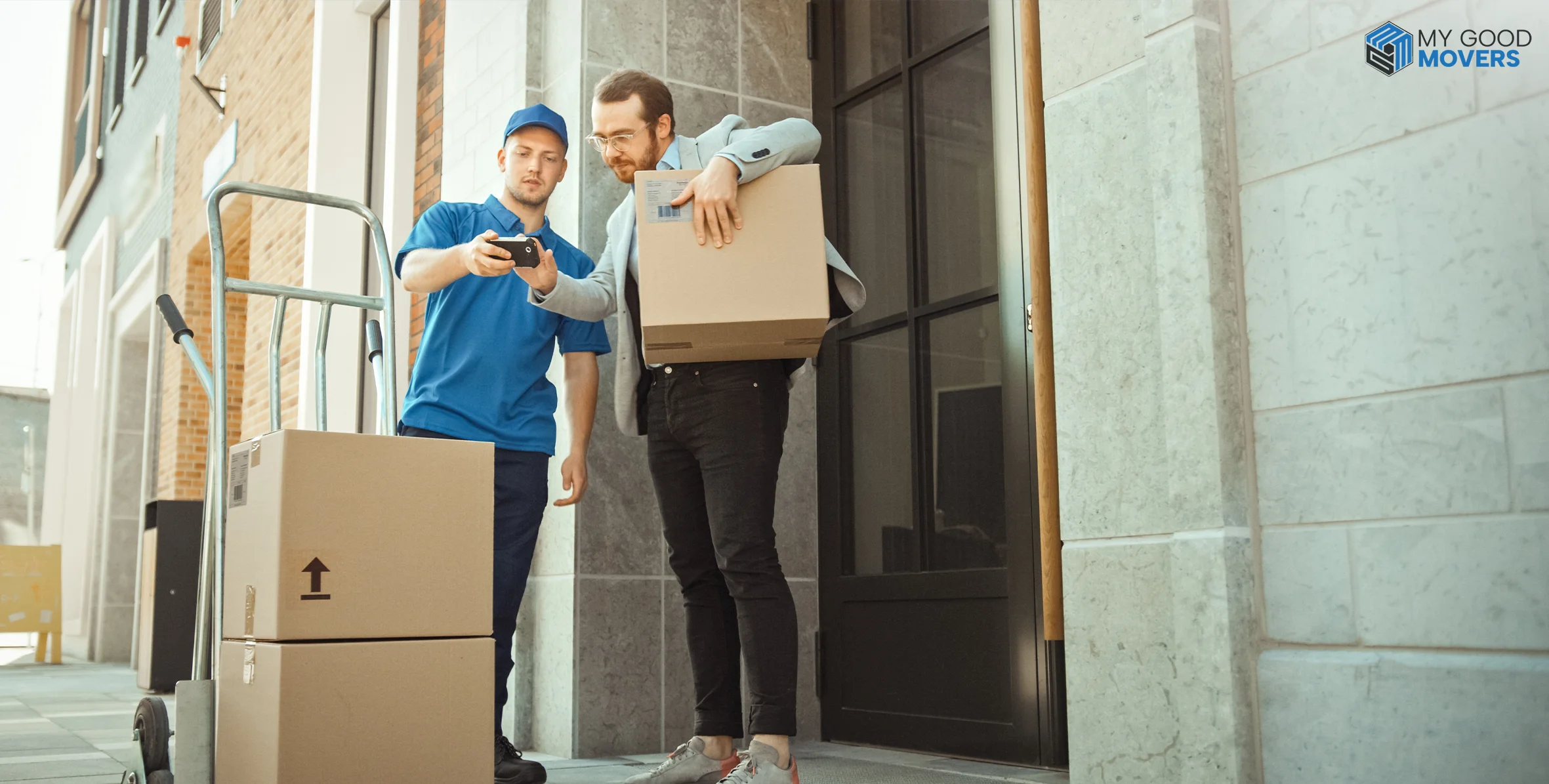

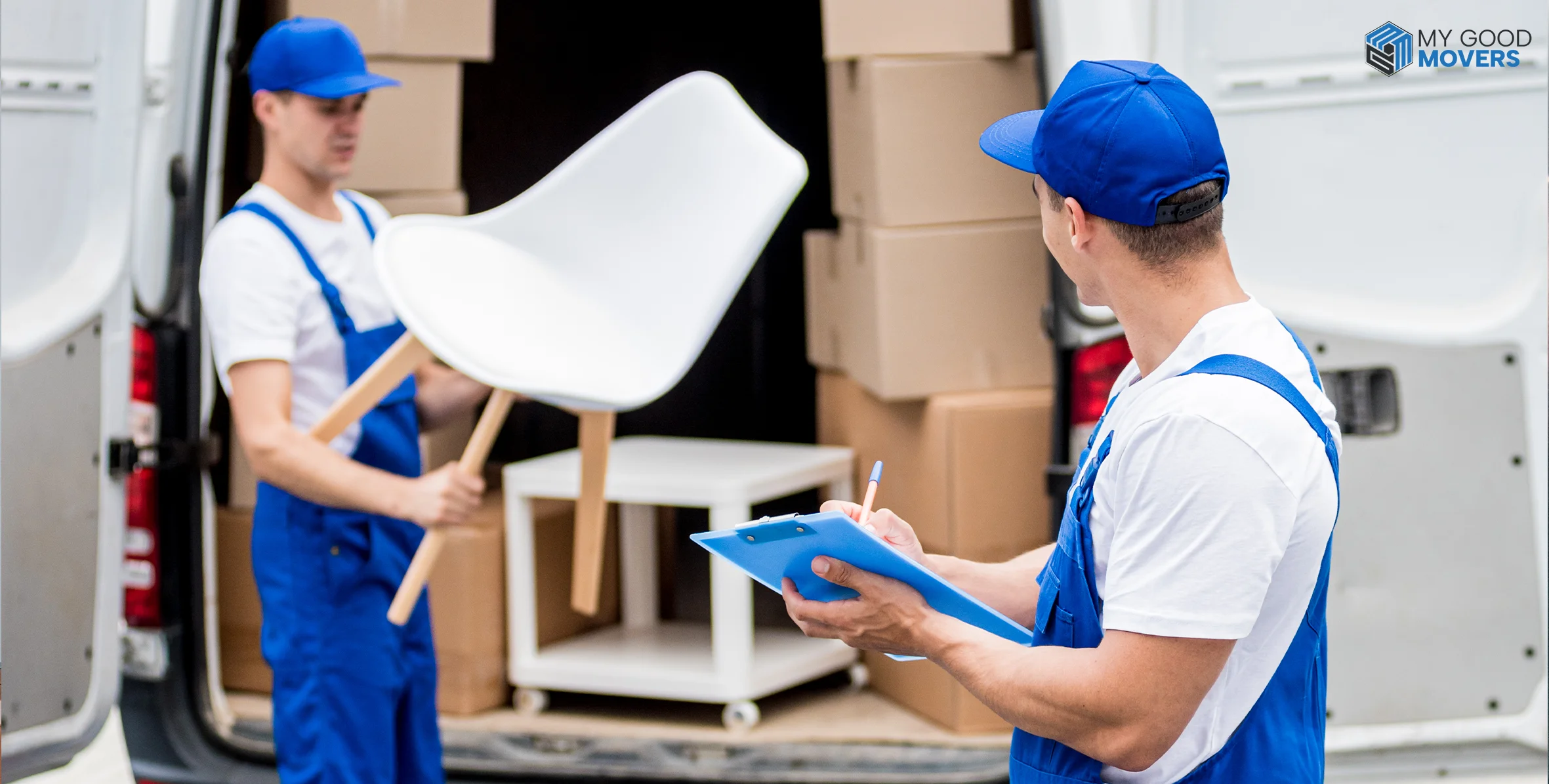

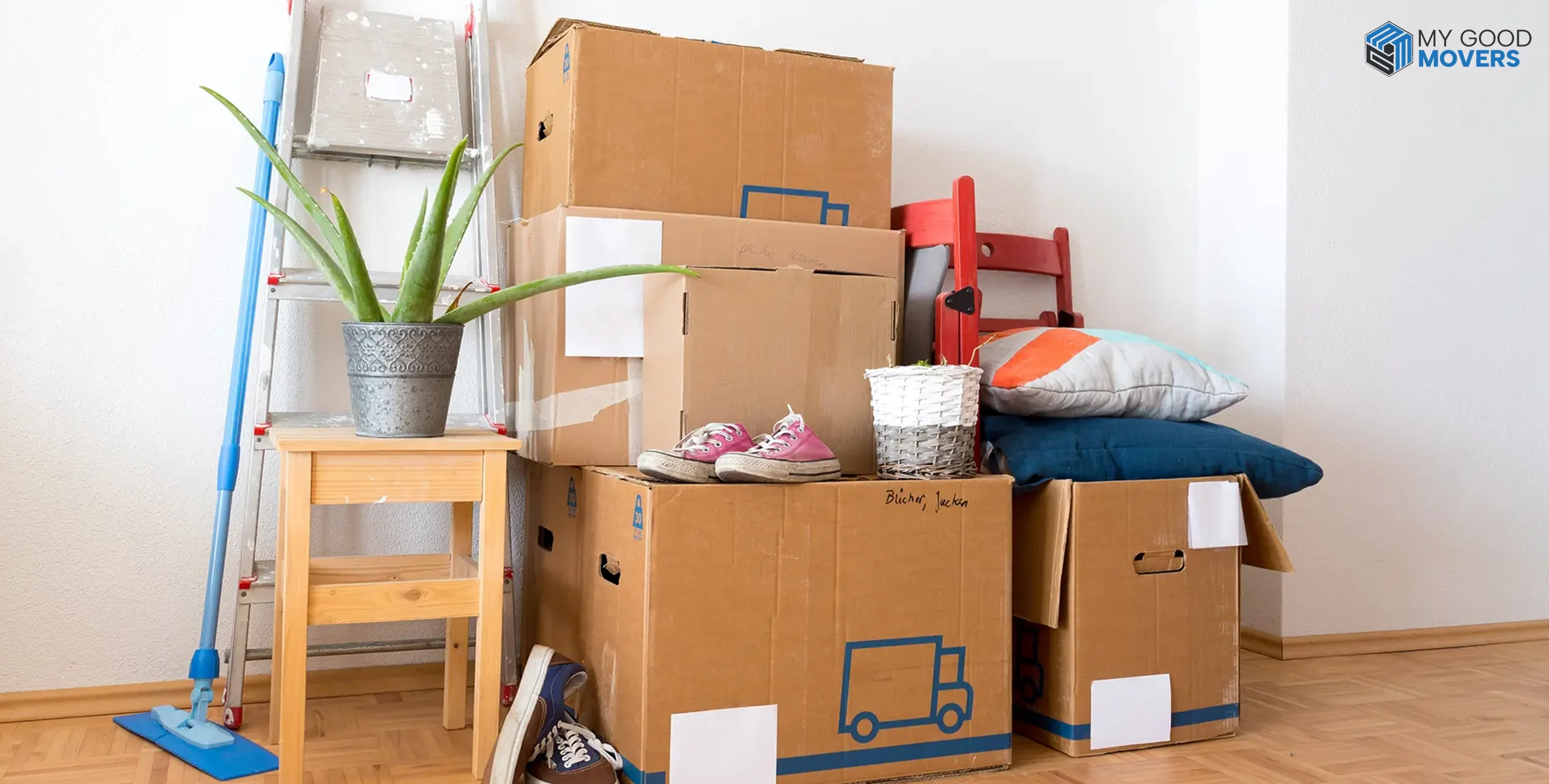
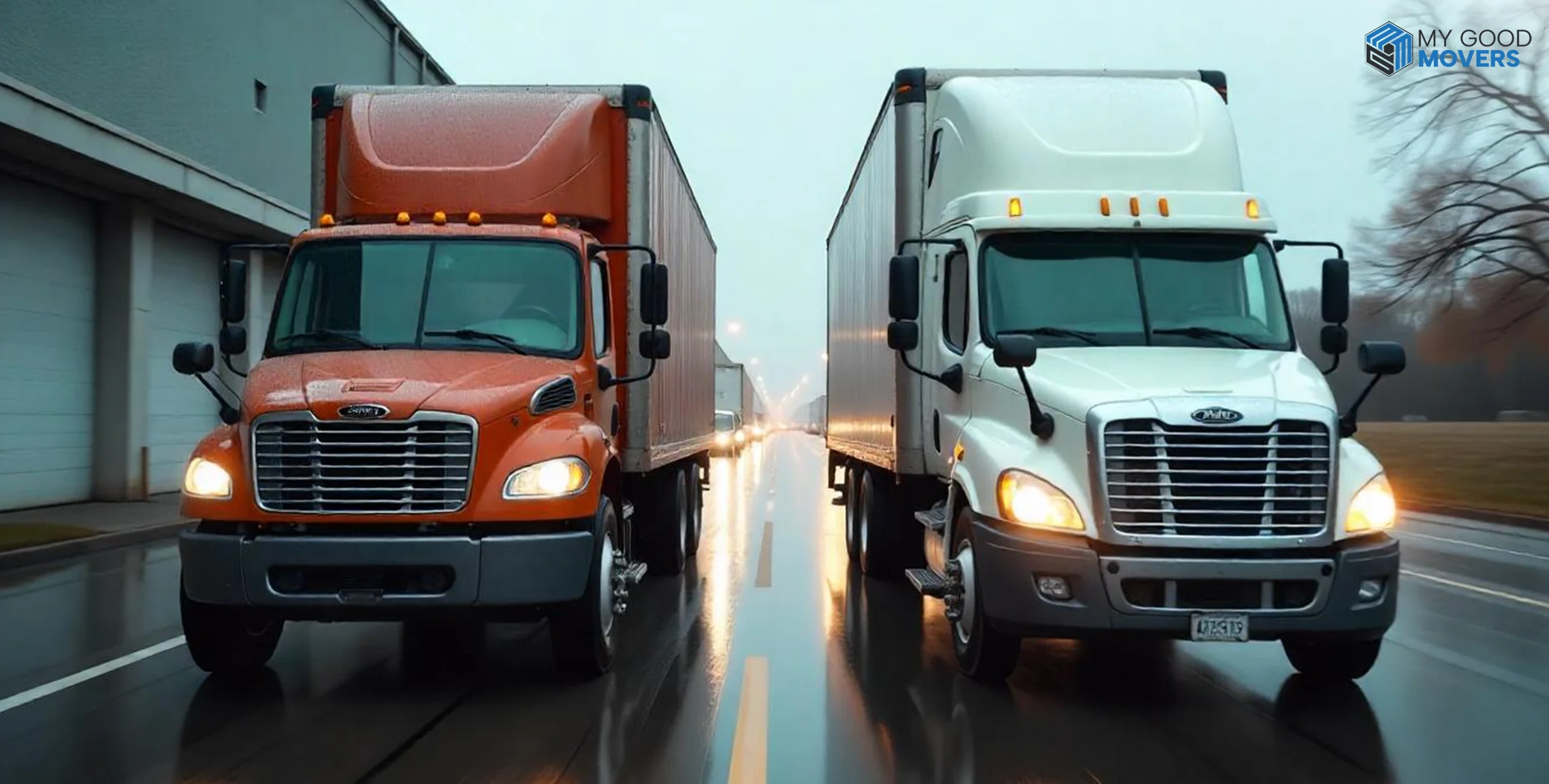








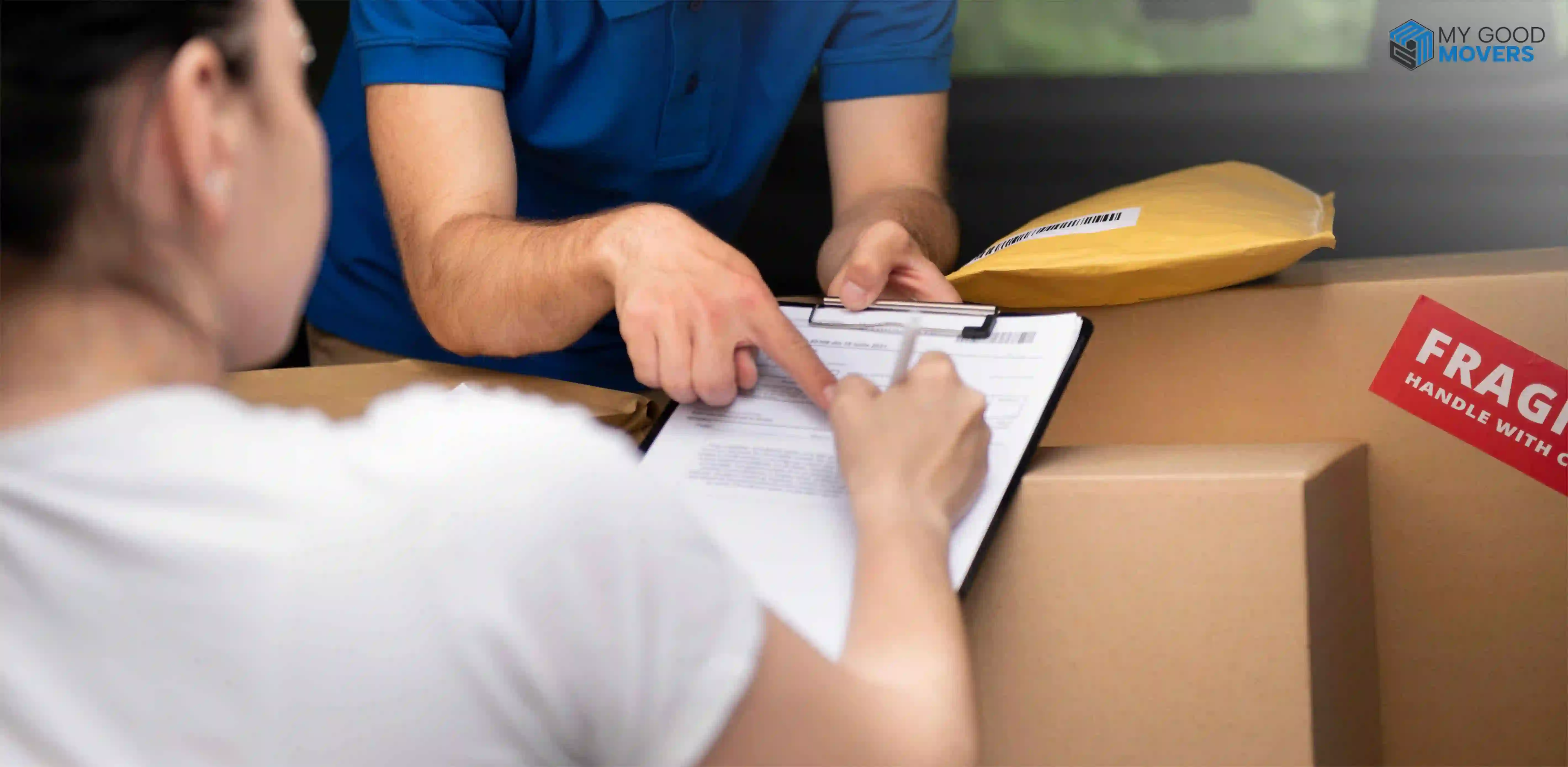






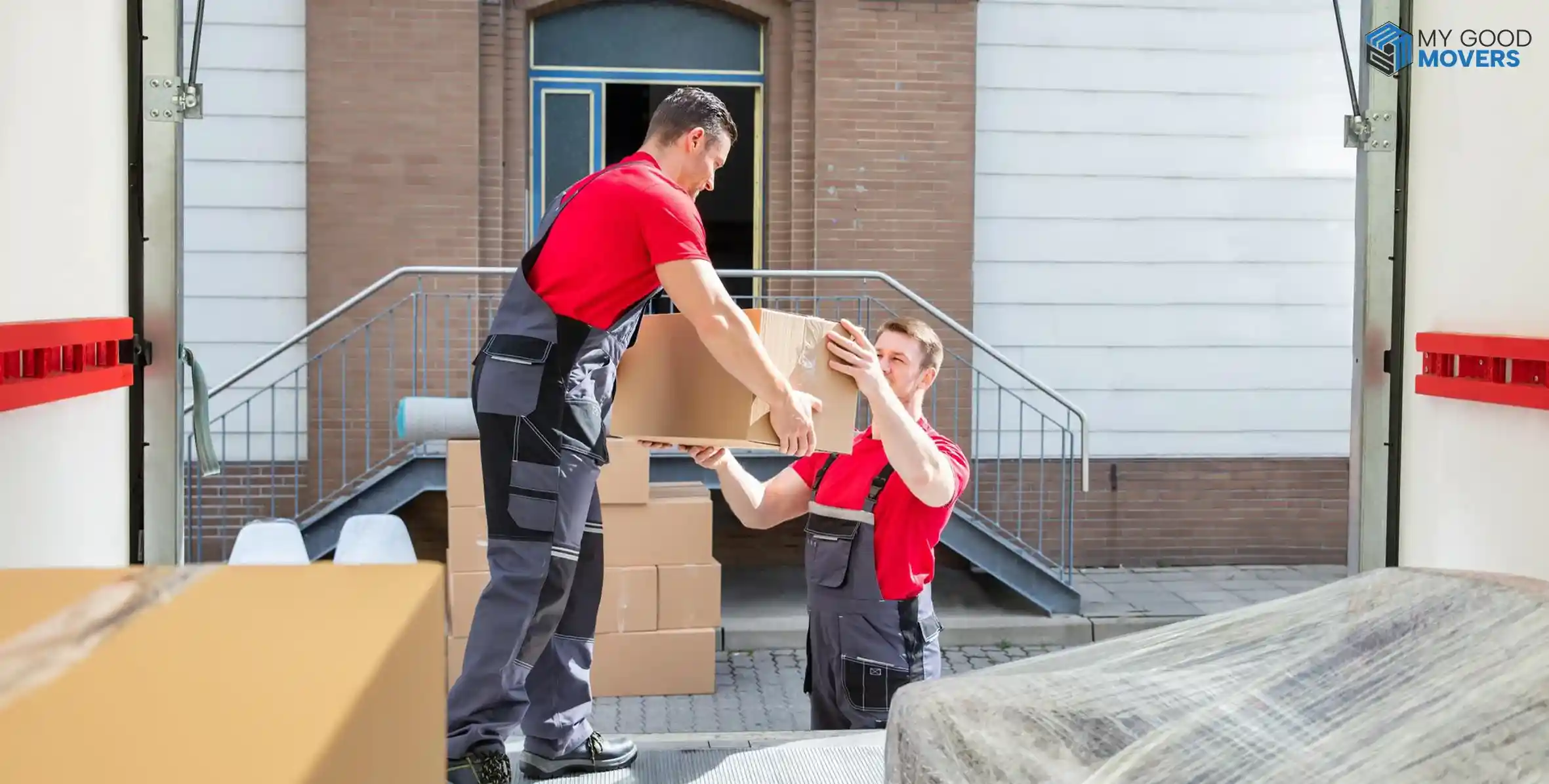




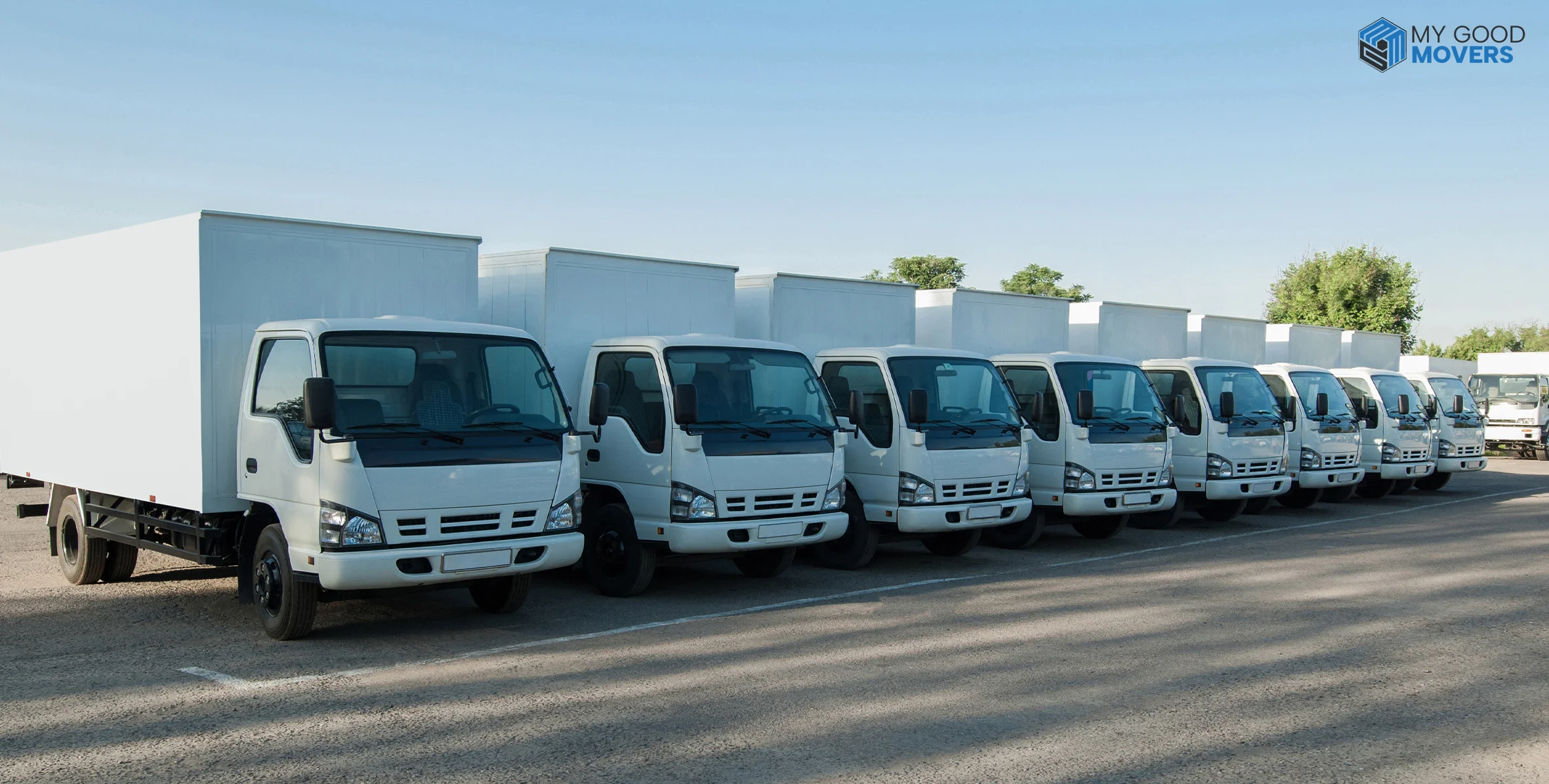


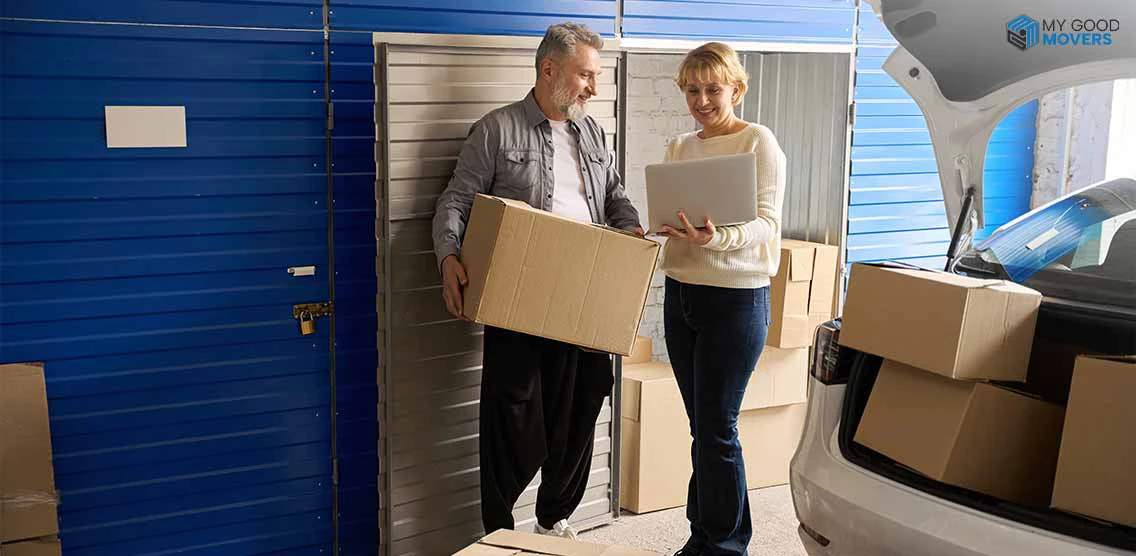










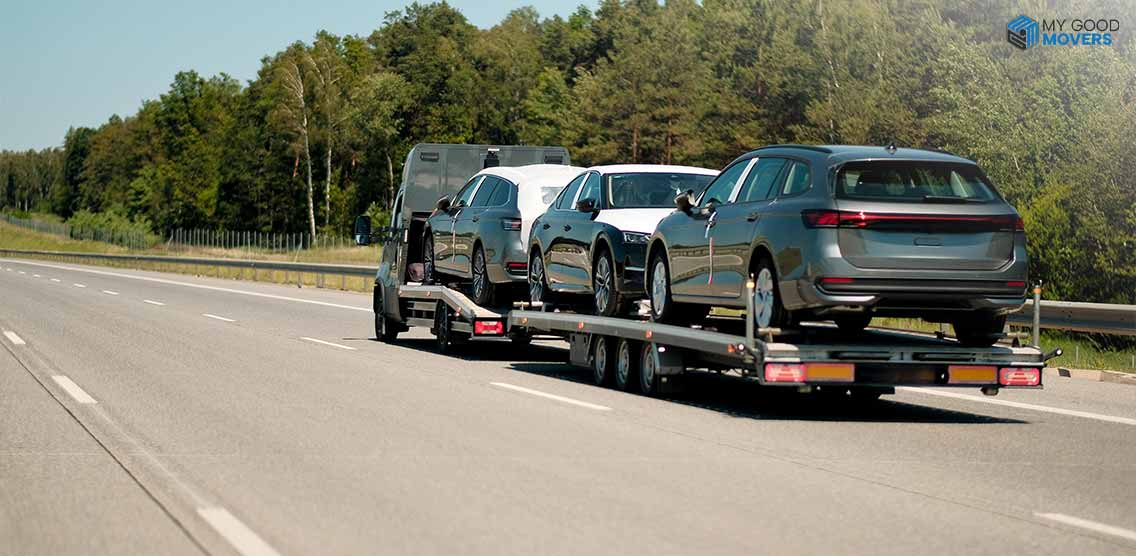
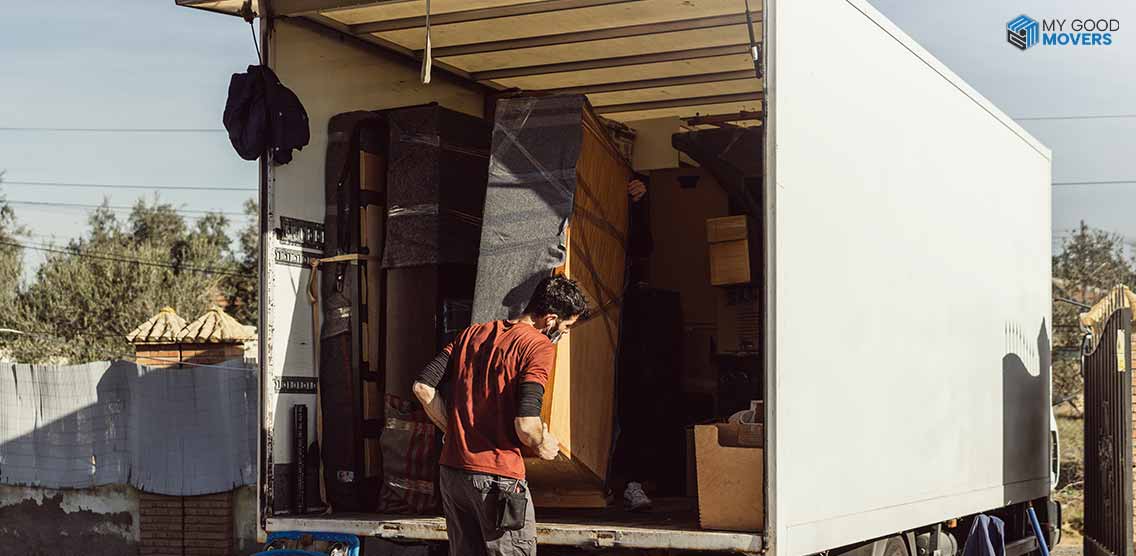








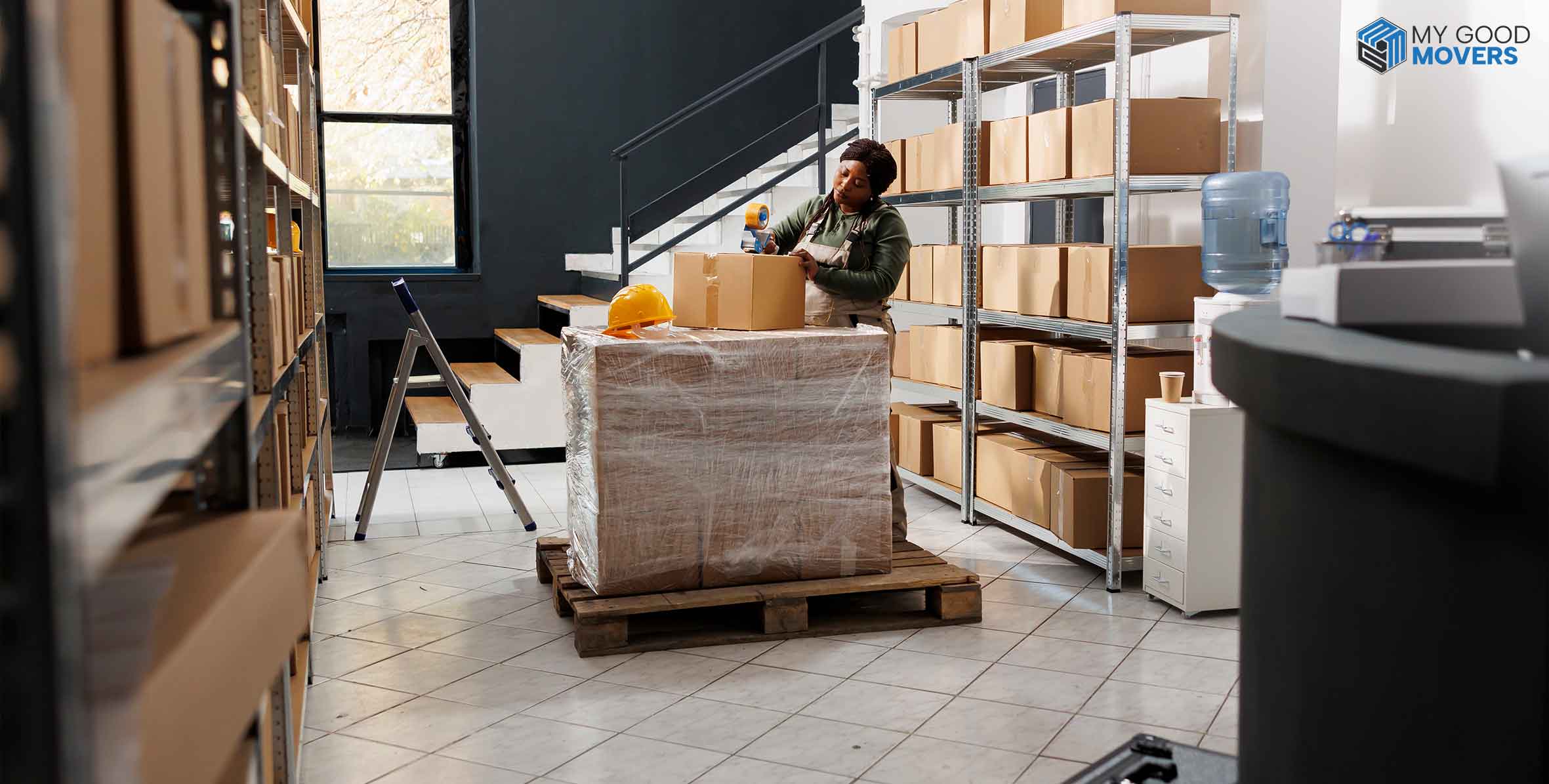











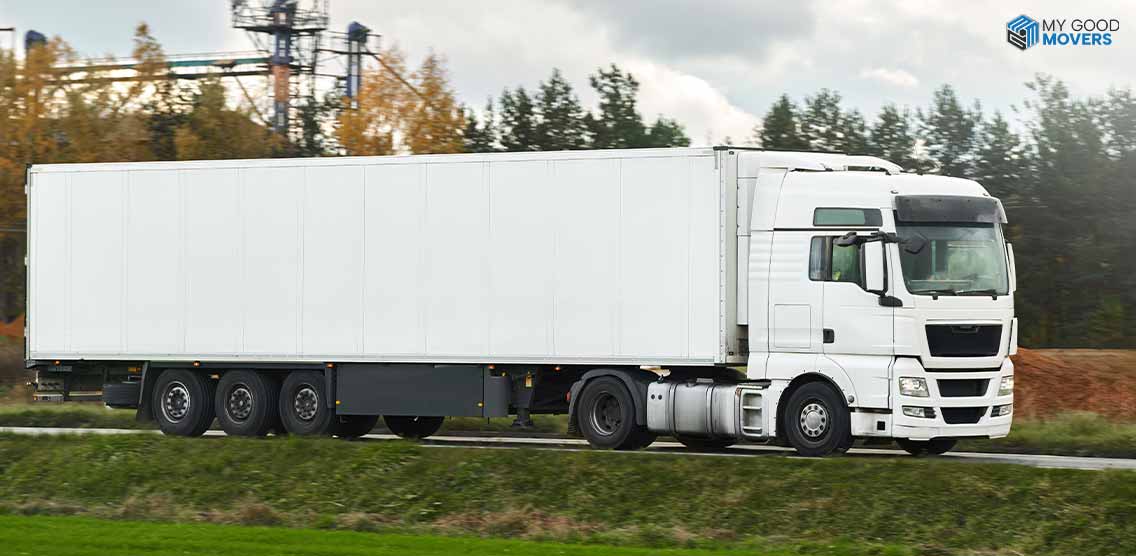





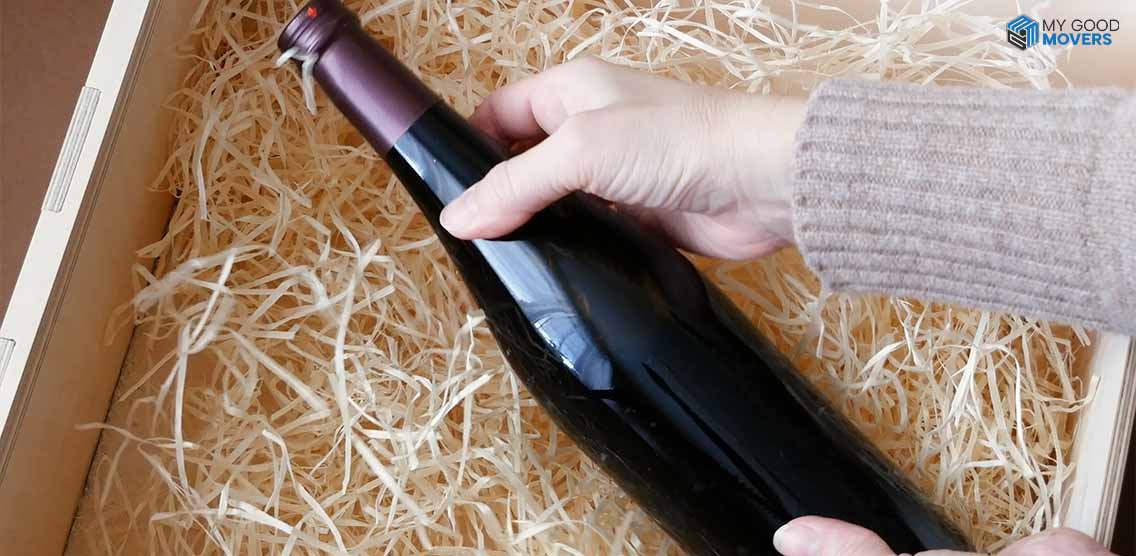

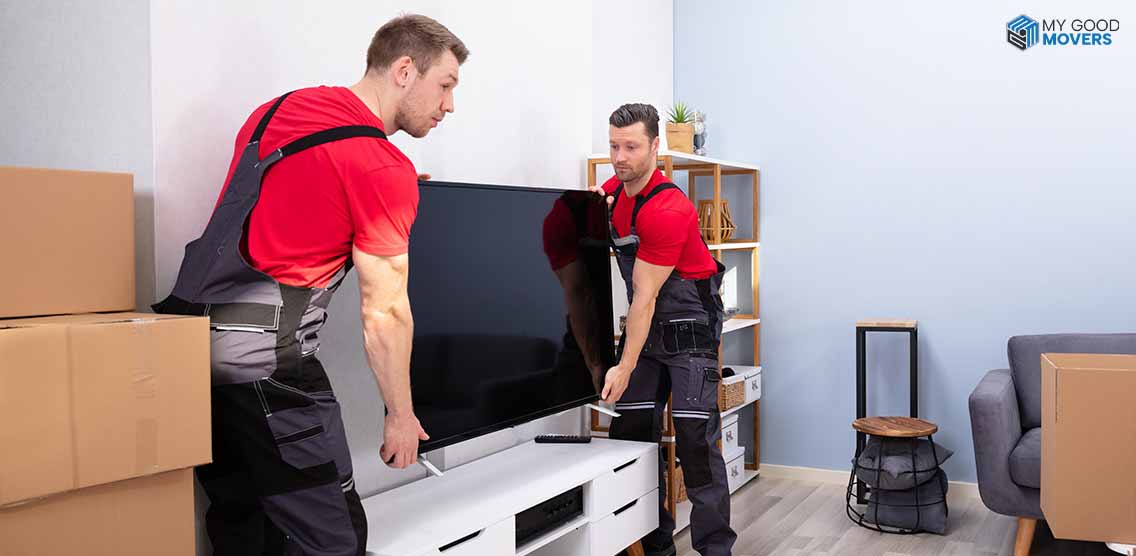











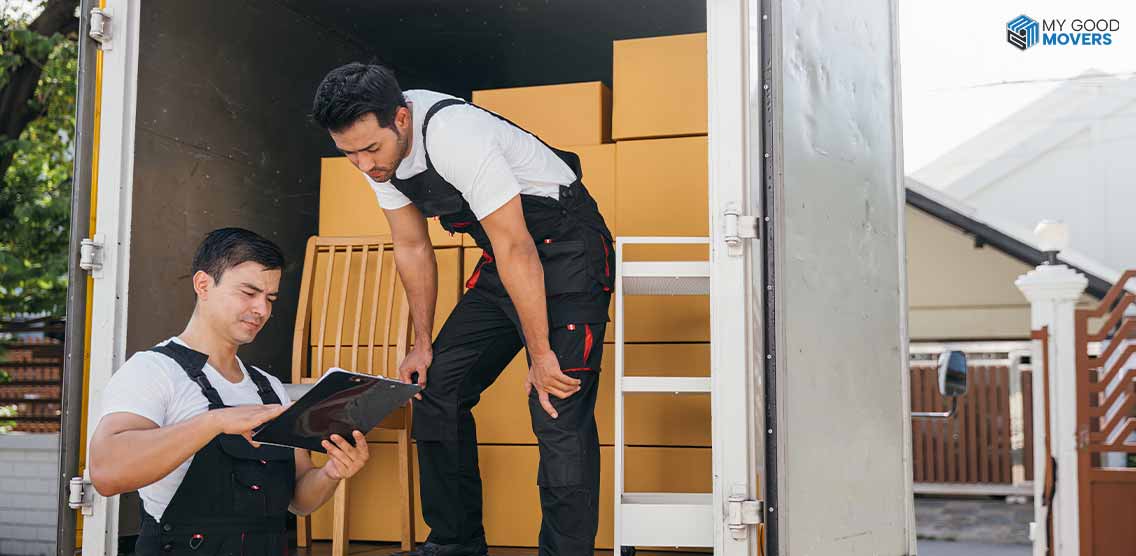

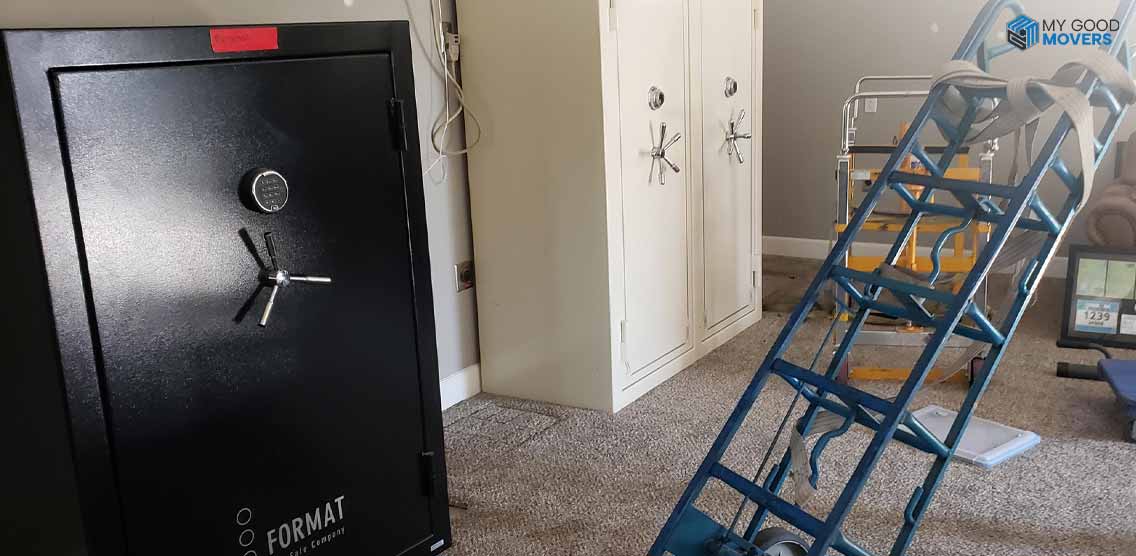









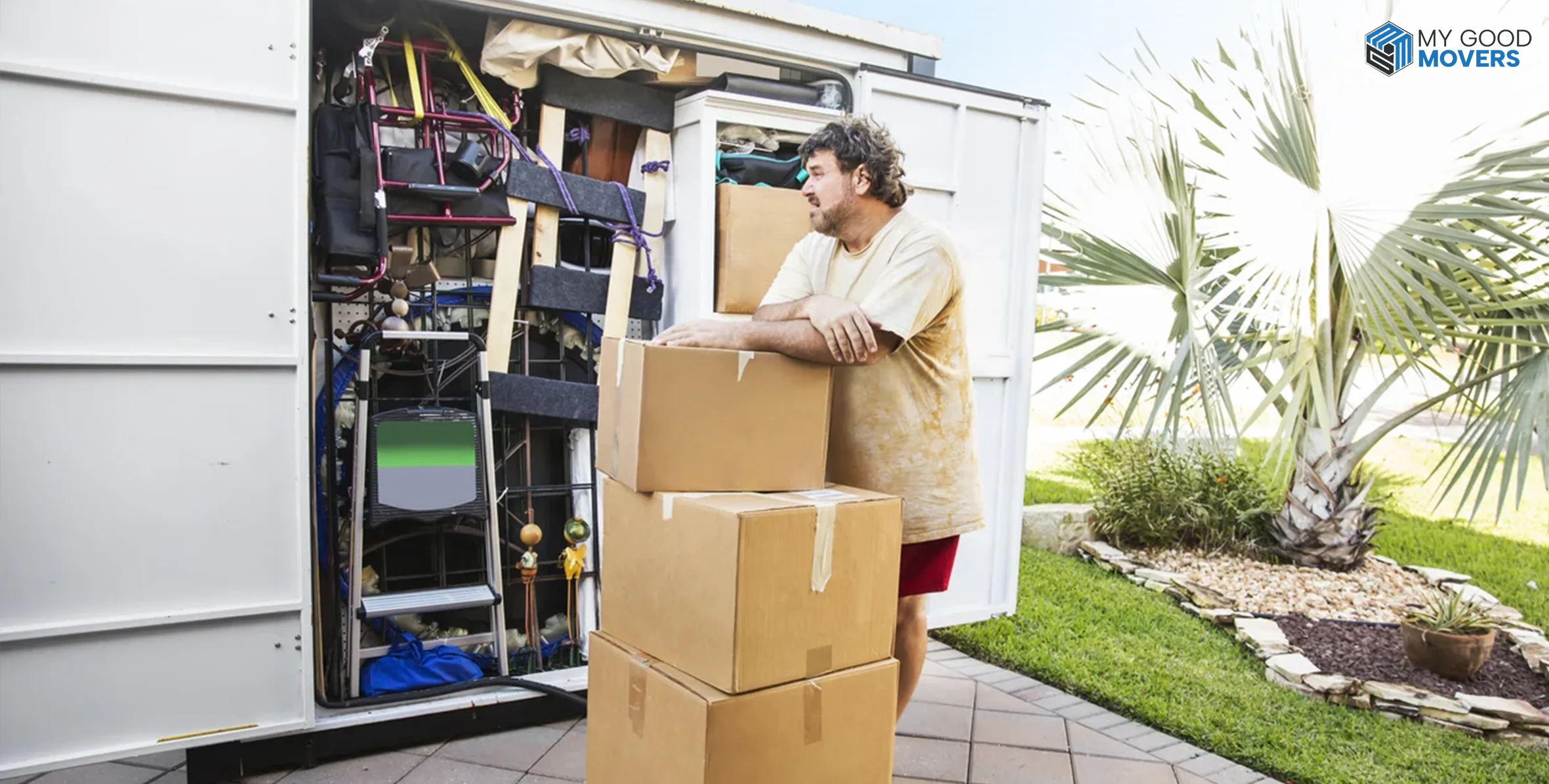
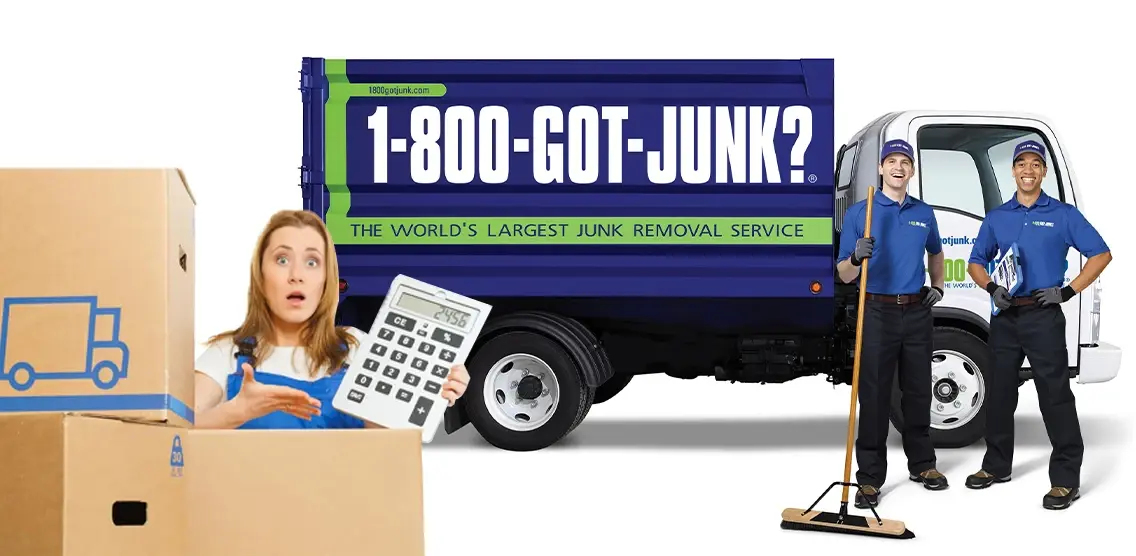
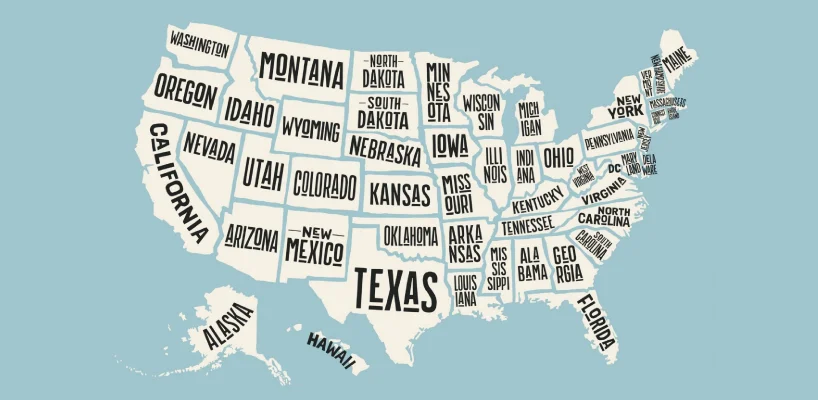





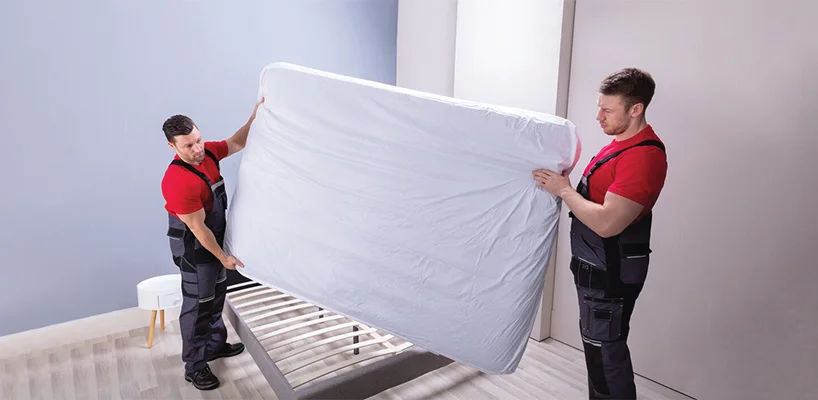
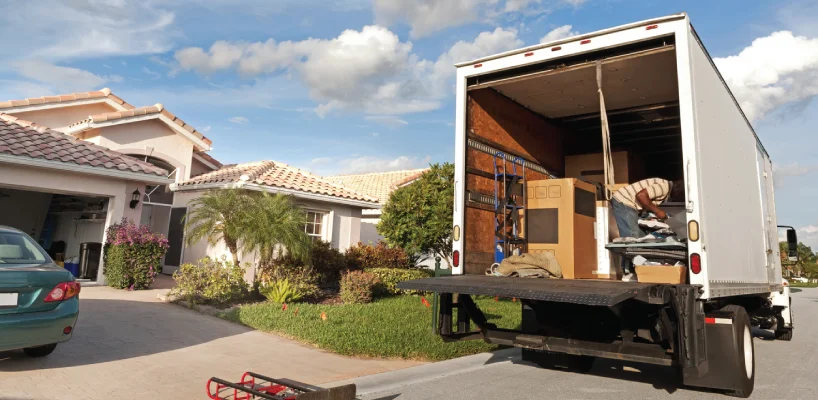




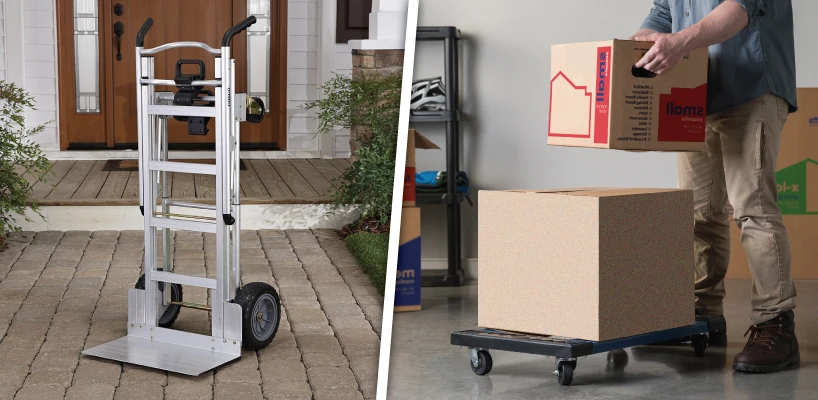
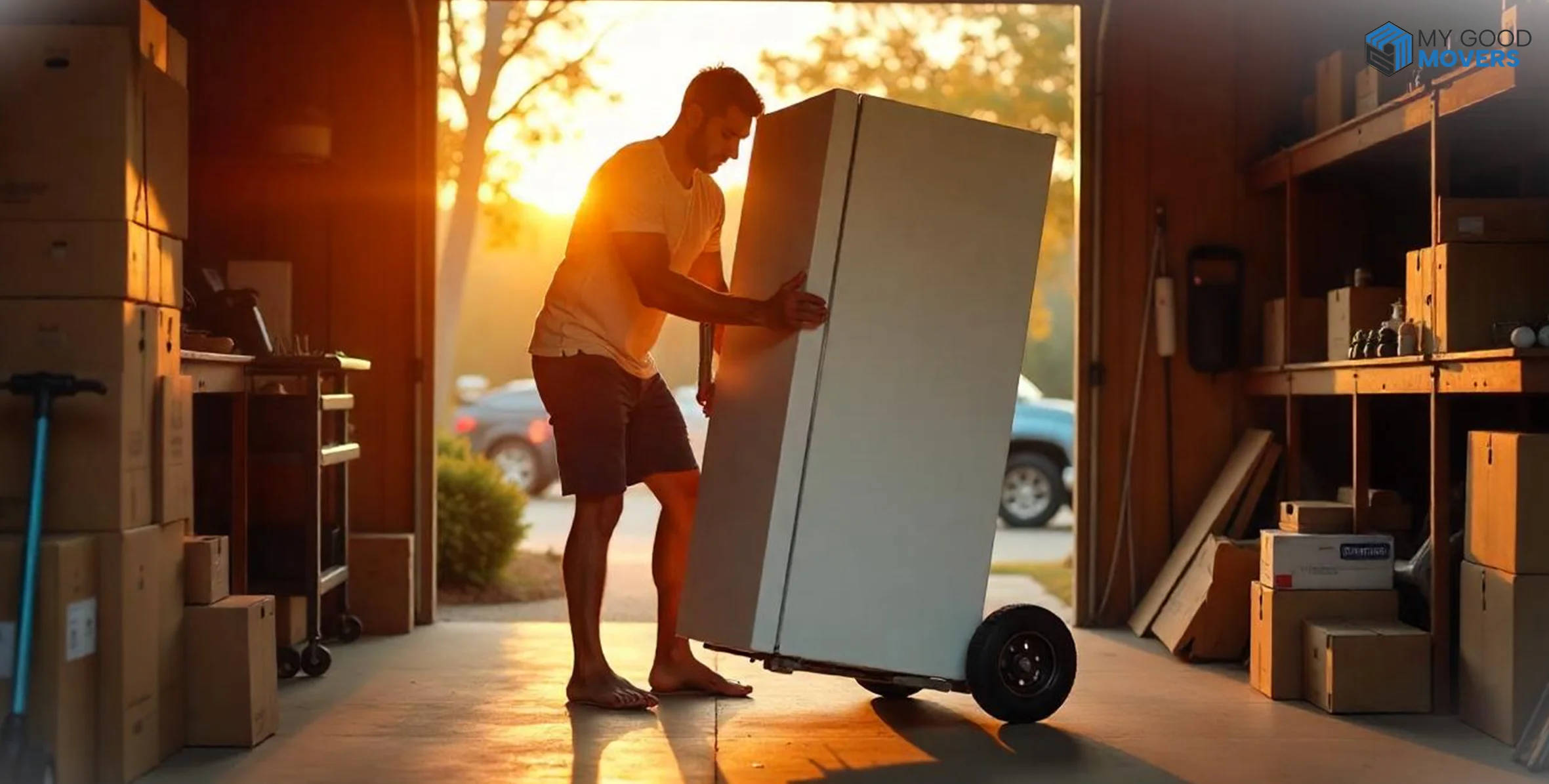
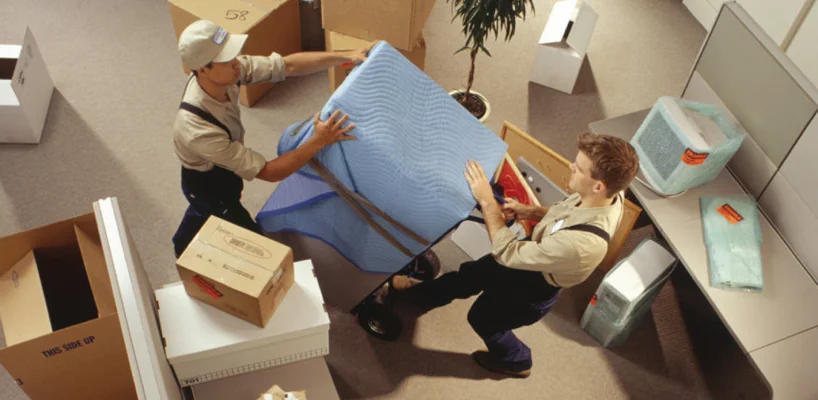


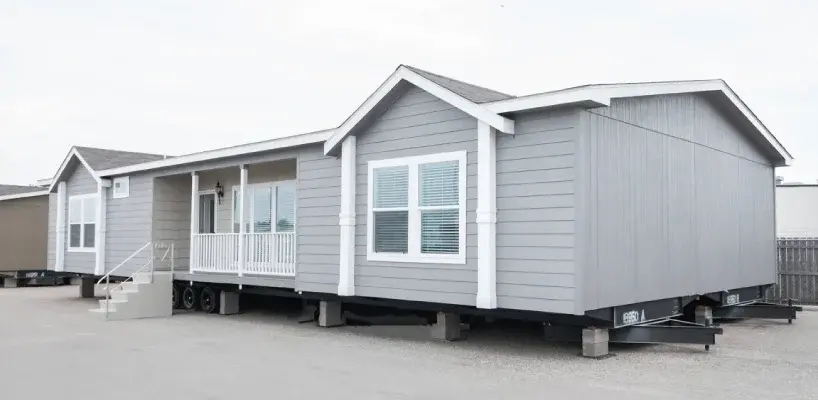


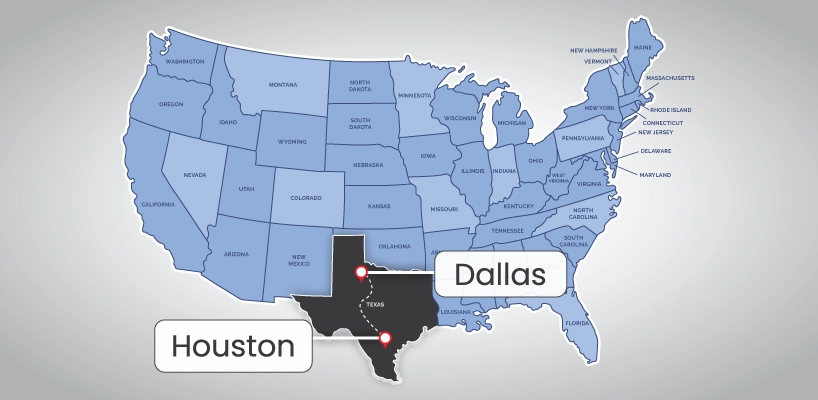


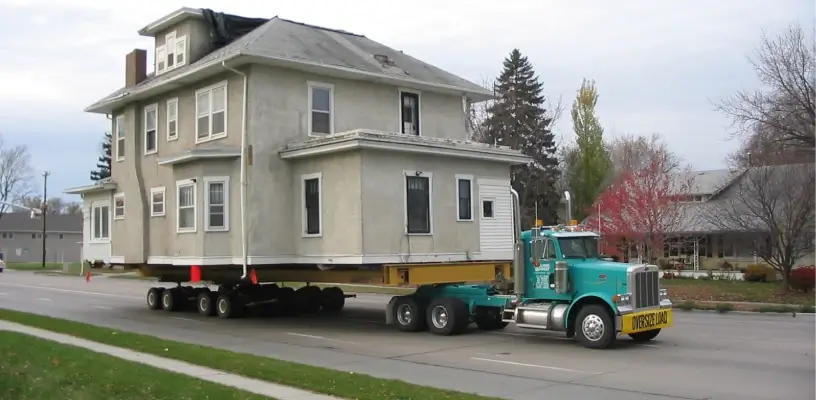
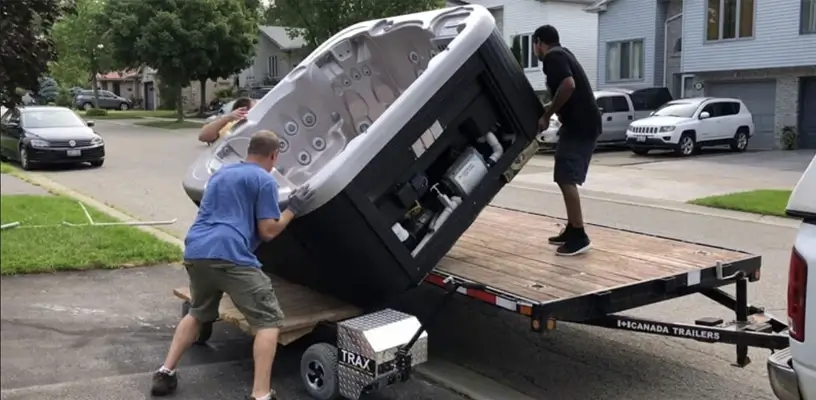




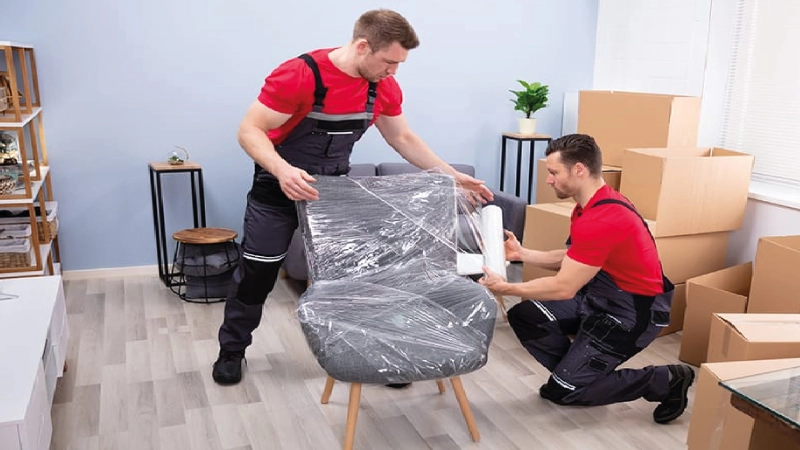

 (239) 799–6077
(239) 799–6077